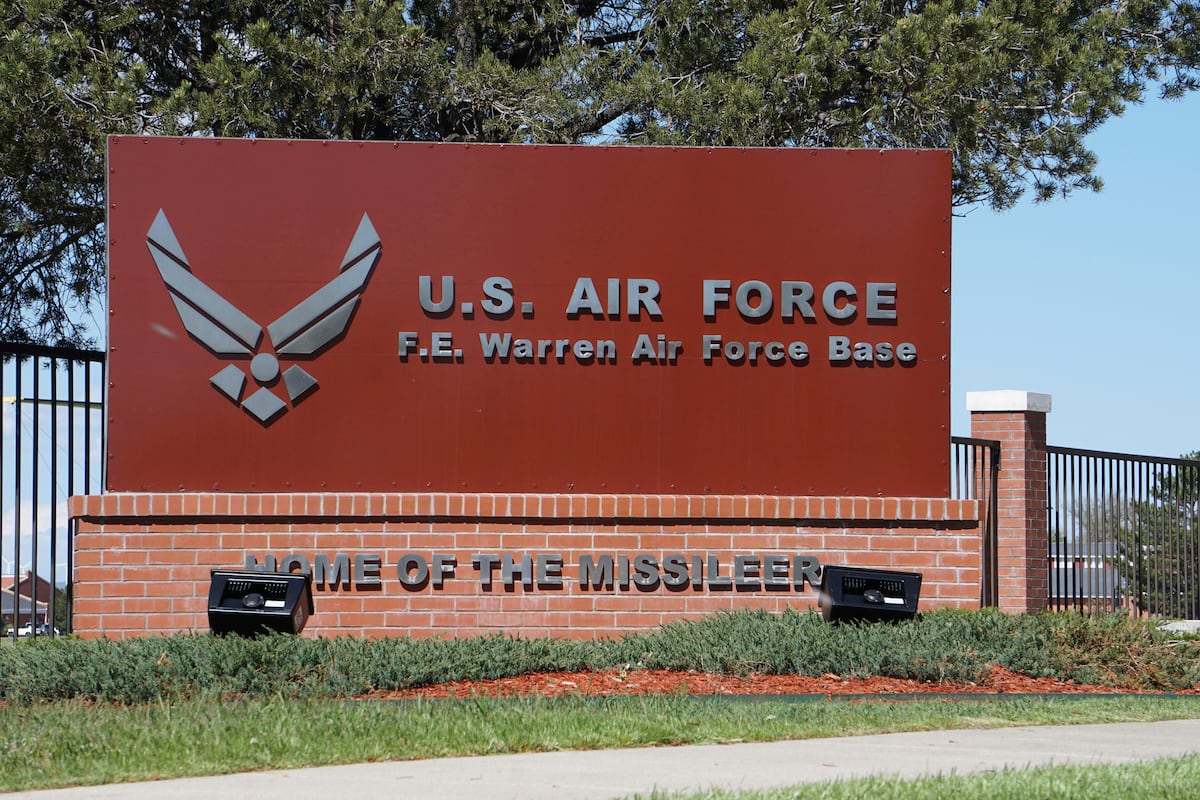Supreme Court Considers Contractor Liability in Bagram Air Base Attack
On Monday, the U.S. Supreme Court engaged in a pivotal discussion regarding the legal responsibilities of military contractors in the context of an attack at Bagram Air Base, Afghanistan. This incident, which occurred in 2016, resulted in the tragic loss of five lives and left 17 individuals injured. The central case involves Fluor Corporation, a military contractor, and questions whether it should face liability in this case.
Background of Hencely v. Fluor
The lawsuit, Hencely v. Fluor, emerges from a suicide bombing executed by Ahmad Nayeb, an Afghan national employed by Fluor. The attack specifically claimed the lives of three U.S. soldiers and two Fluor contractors. Former Army Specialist Winston Hencely, an individual injured in the blast, asserts Fluor neglected its duty to supervise Nayeb adequately, ultimately facilitating the incident.
Key Allegations:
- Fluor allegedly failed to monitor Nayeb during his escort duties.
- An Army investigation found violations in Fluor’s contractual obligations by providing Nayeb with tools necessary for the attack.
Hencely’s legal representation argues that these failures constitute grounds for Fluor’s liability under state law, given that the company breached its federal contract.
Perspectives from the Justices
During the oral arguments, a number of justices expressed skepticism regarding the viability of Hencely’s claims. They noted the longstanding legal protections afforded to defense contractors in relation to wartime operations. Justice Brett Kavanaugh pointed out that the military, not Fluor, bore the responsibility for maintaining security at Bagram. He emphasized that the military had specific protocols for preventing unauthorized access to the base, illustrating a broader principle of accountability.
Justice Ketanji Brown Jackson highlighted the complexities of establishing contractor liability, questioning the rationale for allowing exceptions when existing frameworks, such as the Federal Tort Claims Act, delineate between combat activities and general contractor operations. These insights underscore the delicate balance between ensuring contractor accountability and preserving operational integrity in high-stakes environments.
Arguments from Both Sides
Hencely’s attorney, Frank Chang, maintained that existing laws suggest that when contractors deviate from contractual obligations, they forfeit immunity. He argued that recognizing state tort claims against contractors could incentivize adherence to essential security protocols in combat zones. Chang’s assertions reflect a broader conversation about the role of contractors in military operations and the legal frameworks that govern their actions.
Conversely, Fluor’s legal team contended that the Constitution pre-empts state law in this context, asserting that only the federal government has the authority to litigate wartime engagements. Fluor’s representatives warned that exposing contractors to state tort claims could reduce operational cohesion, as contractors might prioritize their legal defense over immediate collaborative responses to incidents.
Broader Implications for Military Contractors
This case is not isolated; it falls within a historical context of litigation against military contractors that spans conflicts in Iraq, Afghanistan, and beyond. Legal challenges have arisen from various incidents, including improper management of hazardous materials and failures in construction safety that have led to injury or loss of life.
- Noteworthy Cases Include:
- Claims concerning exposure to toxic burn pits.
- Liability issues arising from faulty infrastructure that resulted in electrocutions.
Historically, courts have frequently sided with contractors, citing their immunity as an extension of the protections afforded to the federal government, which complicates the ability of service members and their families to seek redress.
The Stakes Ahead
As the Supreme Court prepares to issue its ruling by early next year, the implications for military contractors could shift significantly. A ruling in favor of Hencely could redefine the standards of accountability for contractors engaged in wartime support and potentially lead to substantial changes in operational protocols.
In summary, the case embodies not only legal questions of liability and contract compliance but also broader issues surrounding the ethical responsibilities of contractors serving in war zones. The outcome may establish new precedents, illuminating the ongoing debate around the intersection of military operations and private enterprise.





